Hacking activities has become more prominent in the past few years. Therefore, you may be worried about the amount of personal information that you are sharing online. If you don’t know how to protect your privacy online, then you are vulnerable to misuse, identity theft, phishing scam, and others. Luckily, there are some simple steps to keep in mind, which will help you control and protect your sensitive information while in the digital realm.
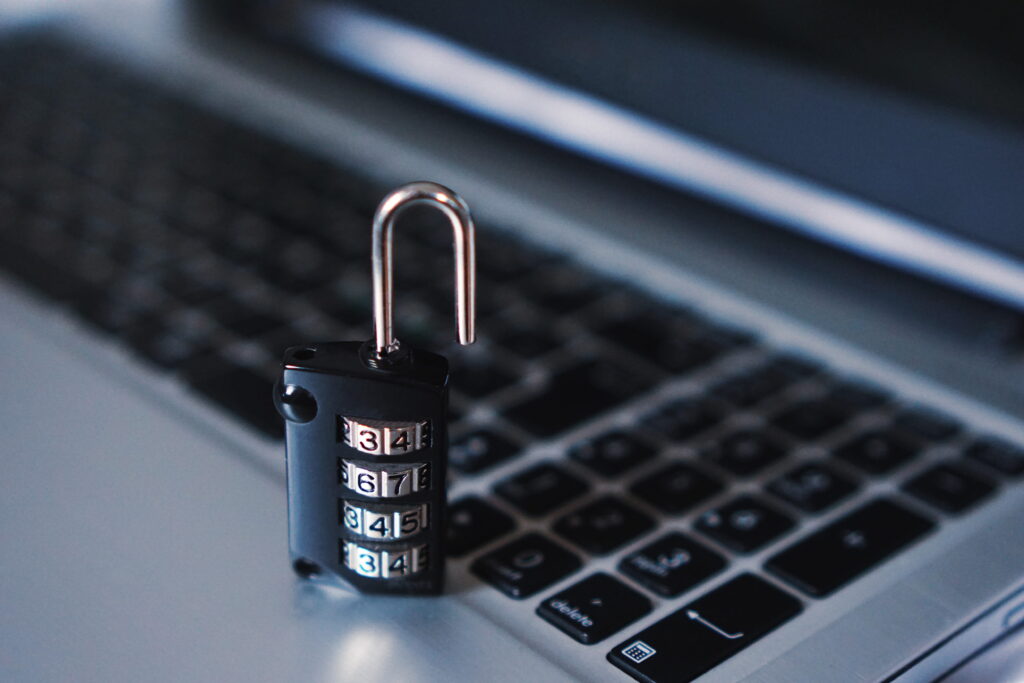
7 Tips to Protect Your Privacy Online
Nowadays, news about a data breach that exposes millions of netizens to criminals is common. We often hear horror stories of people ending up in a pile of debt due to identity theft. If you don’t want these situations to happen to you, we will enumerate some ways on how to protect your privacy online.
1. Be Cautious of the Information You Are Sharing on Your Social Media Account
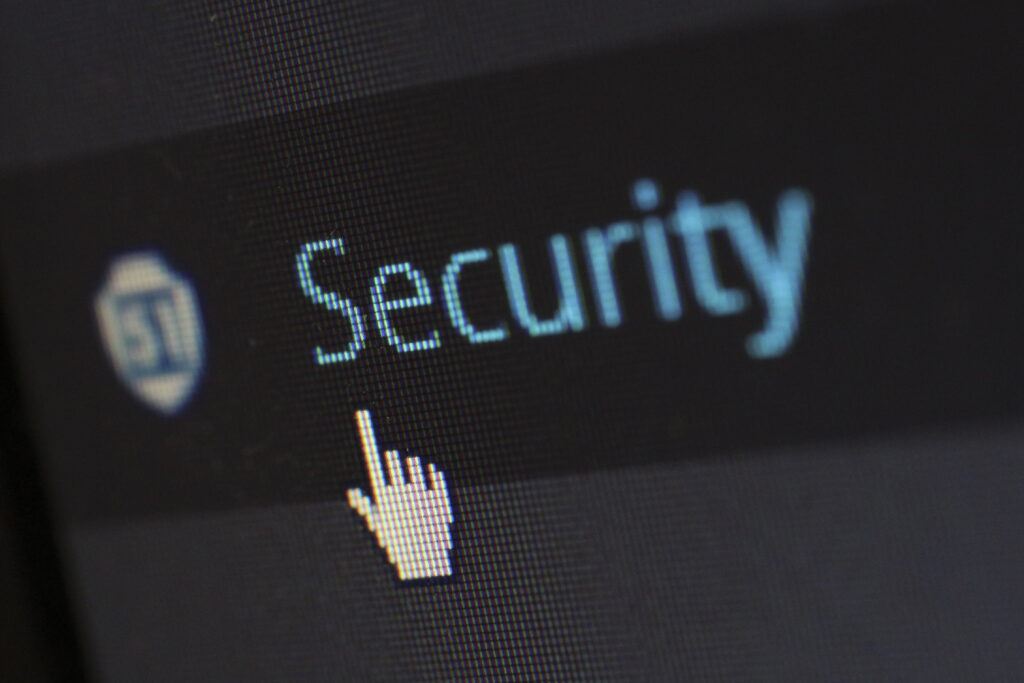
Being mindful of what you are sharing online is a smart way to keep yourself protected from illegal doers. People today tend to overshare; they provide more than the necessary information in their social media accounts. It would be best to remind yourself that cybercriminals are stalking these platforms constantly, collecting all the information they can. You may not be aware that they can use sensitive information about you to steal your financial info.
What Can You Do to Protect Your Privacy Online?
- Security Questions- Remind yourself of the common security questions being asked on your email account and online payment account. For instance, you should never share your mother’s maiden name, the street where you were born, the name of your high school teacher, etc. Hackers can use these to change your passwords.
- About Me- Skip the ‘About Me’ section of your social media account. You are not required to share the place where you were born or what year. Info such as these can make you vulnerable to cyberattacks.
- Privacy Setting- You should also navigate on the privacy setting. Try to limit the people who can see your posts. It is also best to restrict the people who can tag and send you a direct message. Also, add only the people who you personally know.
- Password- Protect your privacy online with a strong password. Ensure that other people (even those close to you) will find it difficult to access your account. It means that you need a password with a combination of upper- and lower-case letters, numbers, special characters, etc.
2. Go into a Private Mode
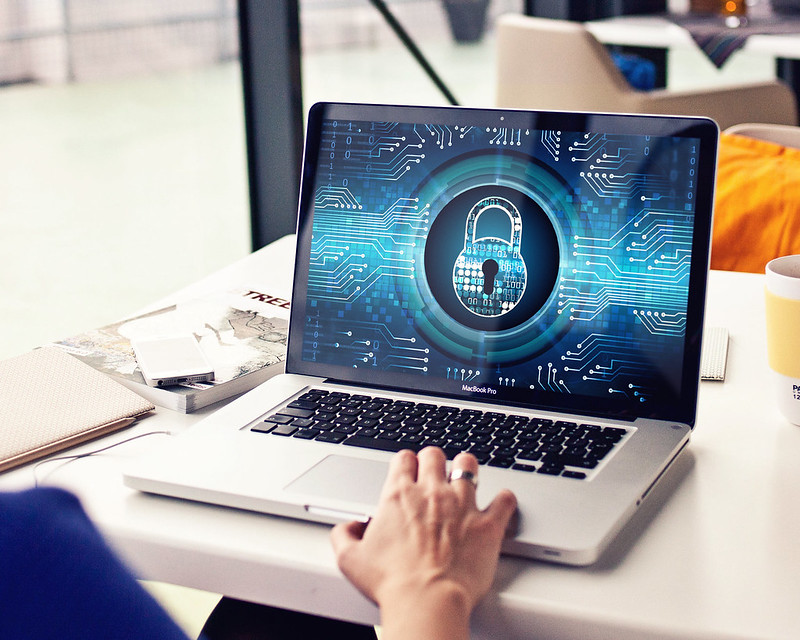
Choosing to surf in a private setting will prevent your computer from saving your cookies, temporary internet files, and browsing history. It is one of the best ways to protect your privacy online. Your web version should have this option; Edge offers it as InPrivate Browsing, Firefox calls it Private Browsing, and Chrome has Incognito Mode. When you go to the web using this option, it would be difficult for others to trace your history using your computer. Nonetheless, going Incognito will not provide you with complete privacy since your ISP (Internet Service Provider) still sees your activities. If you are using the company computer, your employer will also have access to it. The website you are visiting is also tracking you.
What Are the Benefits of Using Private Mode?
- Deleting Cookies- Some websites use cookies to create relevant and tailored browsing activities. Nonetheless, by using cookies, these websites will follow you all over the web and create a comprehensive profile of your online activities. Going into private mode will automatically delete cookies once you log out.
- Private Browsing History- If you are accessing your account on a public computer, you don’t want the computer to store your browsing activities. You don’t want the next person to use the computer to see your visited websites and log in to these sites. Deleting the temporary internet files is one way on how we can protect your privacy online.
3. Using Anonymous Search Engine to Protect Your Privacy Online
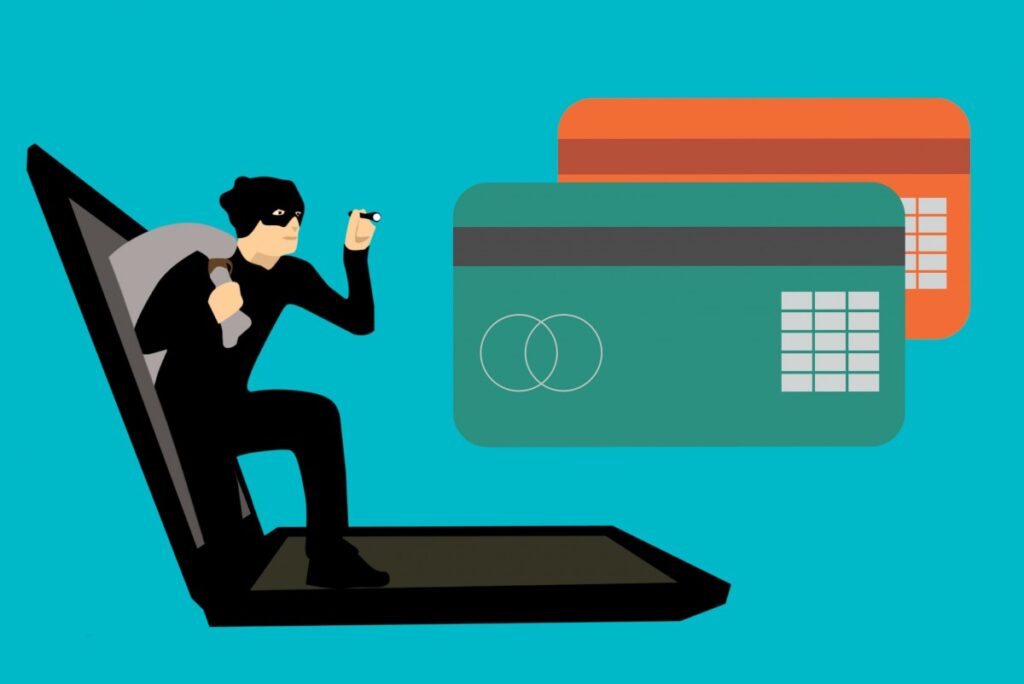
Like most common internet surfers, you will depend heavily on prominent web search engine sites like Google, Oath, and Bing. However, you are not required to rely on these platforms. Privacy is the common reason why others prefer to choose anonymous search sites. Some unknown search engine sites also come with a blocker for ad trackers.
What Are the Best Private Search Engine Sites?
- DuckDuckGo is one of the most popular choices for web surfers who want to remain private online. While they save searches, they are not necessarily tied with a particular user. The way it present ads is also less aggressive compared to other search engine sites. It also comes with a customization setting that helped you personalize your search result.
- MetaGer- This search engine site is managed by a non-profit organization based in Germany. It provides search results in various languages like Spanish, German, and English. It has its own indexers and web crawlers. This platform adds a layer of security for the web user by providing you with the option to open the webpage anonymously. It will not collect any information that will allow them to identify the user. So what can you do to protect your privacy online? Well, using this as your default search engine would be a good choice.
- Mojeek- Mojeek has its crawlers, and it does not rely on other search engine sites. This feature makes it an appropriate choice for those who want to stay away from the eye of the companies and cybercriminals. It never collects user data, search history, click behavior, and IP address.
4. Using a VPN (Virtual Private Network) to Protect Your Privacy Online
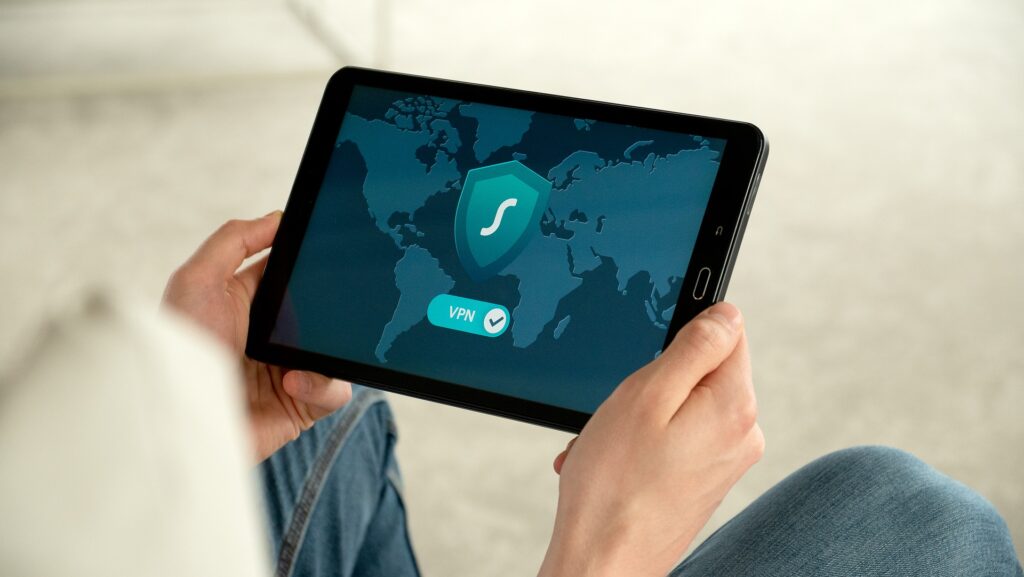
VPN is giving you the power of anonymity and privacy by creating a secret network from your public connection. It can mask your IP address, which makes it difficult to trace your online activities. Having a VPN is necessary if you are connecting through a public network. For instance, if you click on a hotspot at the library or restaurant, you can be safe from the listeners by using a VPN. If you want to know how can we protect your privacy online, the VPN listed below may offer you the best choice.
- ExpressVPN- This tool excels in almost all areas. It comes with an outstanding security framework, and it is amazing for unblocking the streaming content and the connection speed. It comes with a 30-day free trial.
- NordVPN- It is probably the biggest name in the market of VPN. It offers a premium service that is fit and secure for streaming.
- SurfShark-If you are looking for a budget-friendly solution, this is your VPN. It comes with an unlimited connection option, perfect for those who want to use it on multiple devices.
5. Be Careful on What You Are Clicking

One way on how you can become prone to the attacks of these cybercriminals is through phishing sites. In this method, these scammers will trick you into helping them get your personal and financial information. One of the most common methods is sending you fake emails, such as a false message coming from your bank or a financial institution. Often the message is warning you about a frozen account and that you must click the link in the email or verify the information to prevent your account from being closed. So, if you want to know how to protect your online privacy, you should know how to determine these phishing sites.
How Can You Detect a Phishing Site or Email?
- Urgent Actions- These fraudsters will usually add a sense of urgency to their emails. It will encourage you to act immediately without any proper thinking. You should be careful on emails that will tell you that ‘your accounts will be closed if you don’t take action.
- Generic Email- Phishing emails will usually have generic messages and greetings like ‘Dear member’ or ‘Hello Customer’. They will not mention your name. Be alert on an email that sounds robotic.
- Linking to a Fake Website- Another way to determine a phishing email is if it directs you to a fake website. It is one of their methods to trick you into giving your information away. The website may appear the same, and the sign-in interface looks legit. However, check the web address, and you will know that it is using an unsecured connection and the wrong address. So, what can you do to protect your privacy online? Make it a habit to check the address of the website you visited.
6. Keep Your Mobile Devices Secured
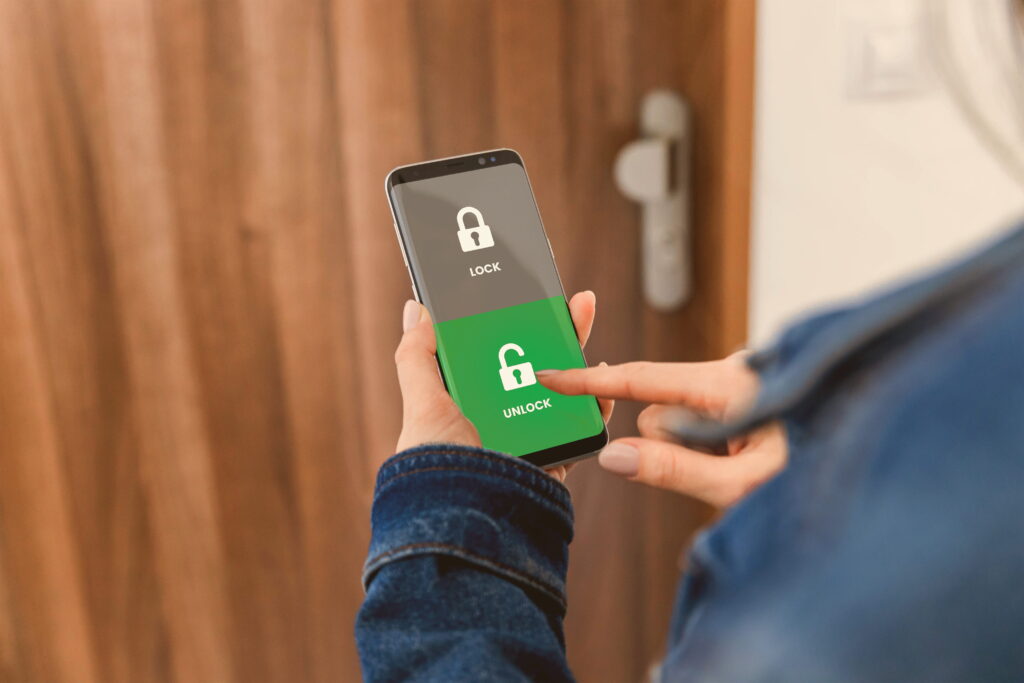
Most of us will use our mobile devices when checking our emails and surfing the web. Therefore, if you are thinking about the best ways protect your privacy online, be sure to ensure the security of your tablets and smartphones. First, make sure that your phone comes with a passcode. Some people may think that entering your passcode every time we are using our phone is such a hassle. However, it adds a layer of security in case your phone has been stolen. Create a complex password; avoid using your birth date, phone number, or codes that the thieves could guess easily.
How Should I Keep My Phones Secured?
- Be Cautious- You should always be careful when downloading files on unauthorized websites. Avoid using modified apps since they may have injected malware on this app. You should download any productivity tools and games on legitimate sites like Apple Store and Google Play Store.
- Keep Your Phone Updated- Be sure to download the latest update for your phones. Updates will protect you from all the new viruses.
7. Use Antivirus to Protect Your Privacy Online

One of the best ways to protect your privacy online is to use Antivirus on your devices. It may seem to be a simple method, but it will be powerful in protecting hackers from remotely accessing your device. It will keep you safe from people who want to track, monitor, and access your financial and personal information. Manufacturers are updating their software regularly to protect you from spyware, malware, and other forms of viruses.
What Are the Best Antivirus Apps?
- Bitdefender- The security feature of Bitdefender is almost flawless against malware. It also has a low impact on the performance of your device. The privacy protection option, data-breach, and anti-theft features are top-class.
- Norton- This Antivirus is a bit expensive but offers a premium solution against viruses. It constantly checks your system for unusual behavior and heavy data use.
- Avast- has the most comprehensive feature; from system optimized to privacy adviser, this tool has it all. Nonetheless, while it has outstanding malware protection, it is still far from being perfect.
Finally, you should also seek additional protection. For instance, you can hire a reputation management company like ReputationTreatment, which will help remove all the sensitive information about you online. They will make sure that you will be less vulnerable to the attacks of these cybercriminals. You may not be aware that you have been sharing personal information online that you shouldn’t. With us, you can protect your privacy online at an affordable rate.